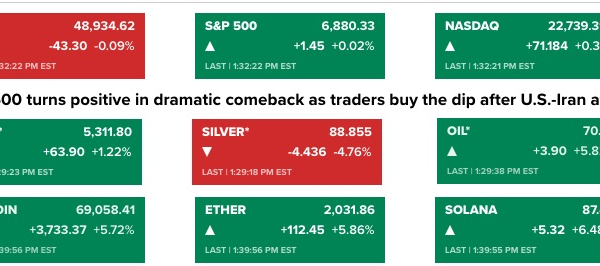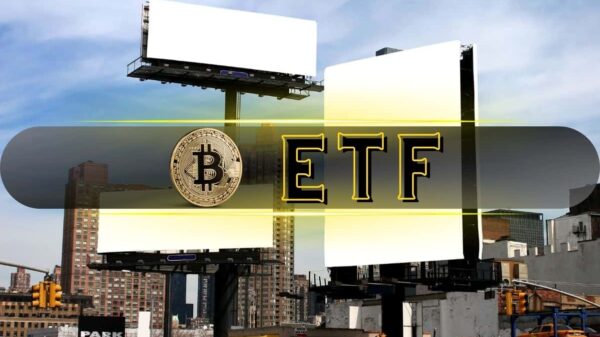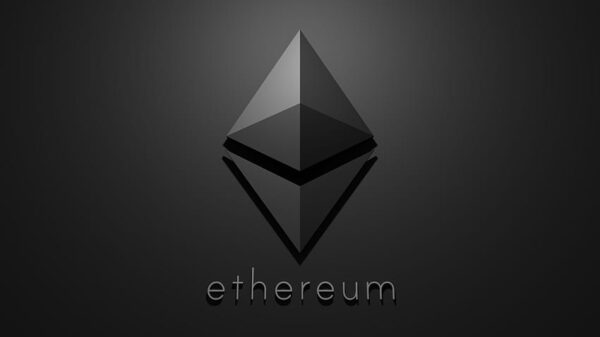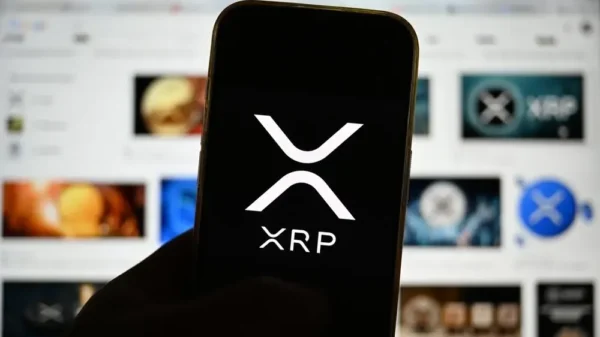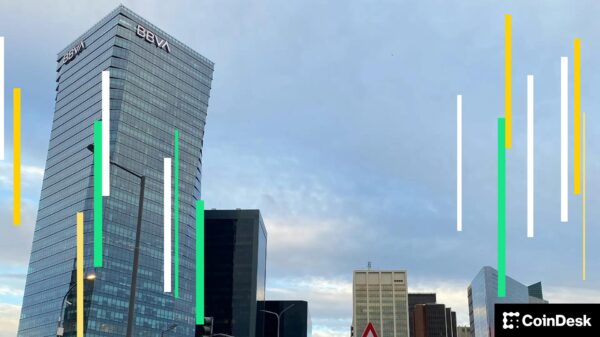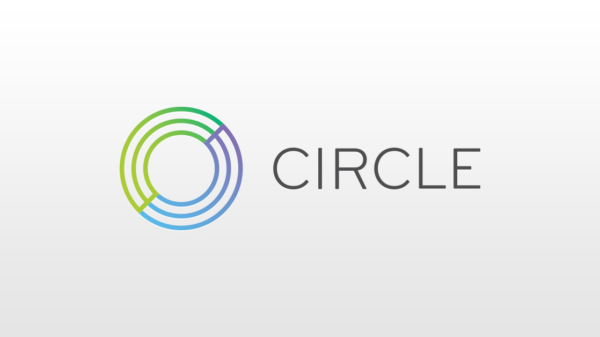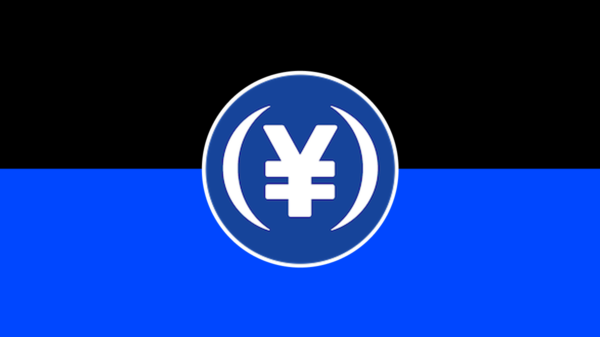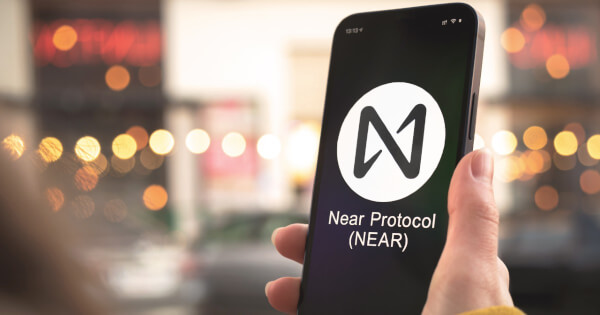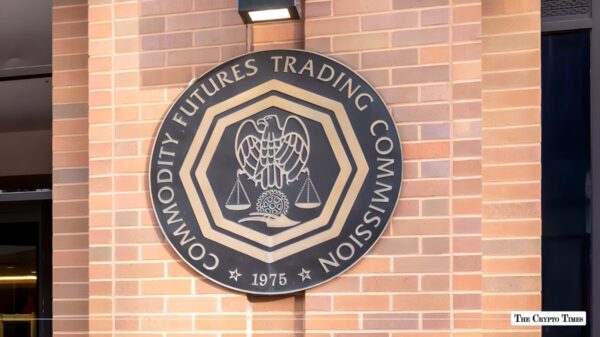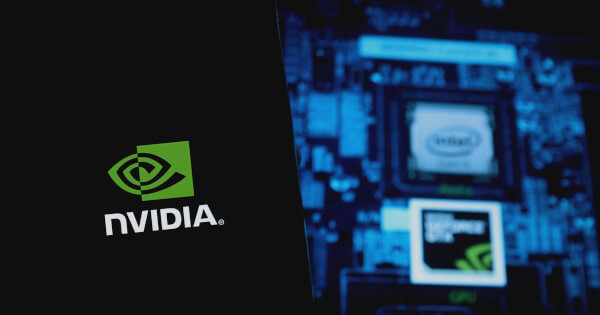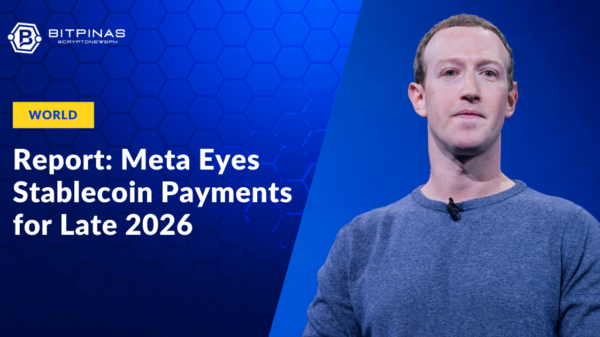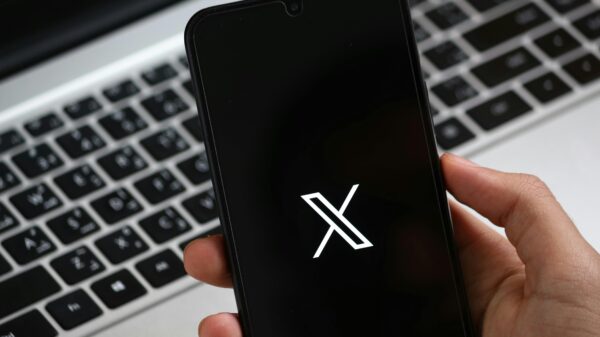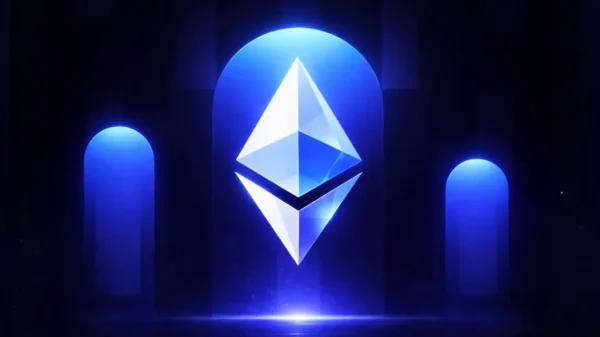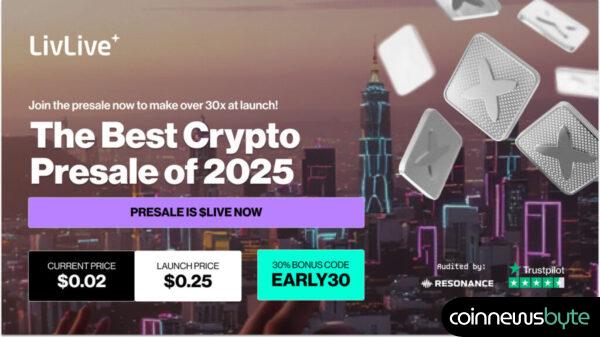Coinbase has unveiled a new token sale platform that will allow US retail investors to participate in public token offerings for the first time since the ICO boom was curtailed by regulators in 2018. This groundbreaking platform will be operational from November 17 to 22, featuring the layer-1 blockchain project Monad as its inaugural offering.
The platform bears familiar traits, including curated project selections, fixed sale periods, and algorithmic allocation methods. All transactions will be conducted using USDC, and any tokens released through this platform will automatically be listed on Coinbase, ensuring visibility and accessibility for investors.
However, the new mechanism also imposes notable restrictions. Issuers are prohibited from selling tokens on secondary markets for a duration of six months post-launch. Additionally, participants who resell their allocations within the first 30 days will find themselves deprioritized in future sales. This approach aims to encourage long-term holding and reduce the “dump-on-listing” behavior that has previously plagued initial exchange offerings (IEOs).
Coinbase”s strategy is built on behavioral economics; by incentivizing patience and penalizing quick exits, the exchange hopes to create a more stable primary market where US users act more like investors rather than opportunistic traders. If successful, this model could set a new standard for token sales in the US.
The first sale will operate for one week, and the allocation process will prioritize smaller purchase requests, gradually accommodating larger orders until the available supply is exhausted. Importantly, Coinbase will charge issuers a fee, keeping the transaction costs off the backs of the participants and promoting a fairer distribution model.
On the issuer side, the rules are stringent. Teams and their affiliates are barred from selling tokens through over-the-counter trades or on secondary markets for six months following the public sale. Any deviations from this rule must receive prior approval from Coinbase, alongside public disclosure requirements to maintain transparency.
This framework directly addresses the tactics employed during the previous market cycles, where founding teams and early investors capitalized on immediate price spikes, often leaving retail investors with depreciated assets. The user-side regulations are designed to deter flipping without outright banning it, allowing for a softer approach that still rewards patient investors.
In comparison to established platforms like Binance Launchpad, Coinbase”s approach is distinct. While Binance utilizes a lottery system based on user holdings of the BNB token, Coinbase requires full KYC compliance and offers a bottom-up allocation method that favors smaller investors. This structural difference aims to create a more equitable distribution of tokens and diminish the concentration of wealth among large holders.
Looking ahead, the success of Coinbase”s platform hinges on its ability to navigate regulatory scrutiny and ensure user compliance with the new behavioral incentives. If the platform can foster a sustainable trading environment, it may redefine how token sales are conducted in the US, providing a more stable and compliant framework for future offerings.
Ultimately, the Monad sale will serve as a significant test of this new model, determining whether the cryptocurrency community is ready for a more disciplined approach to token sales.







